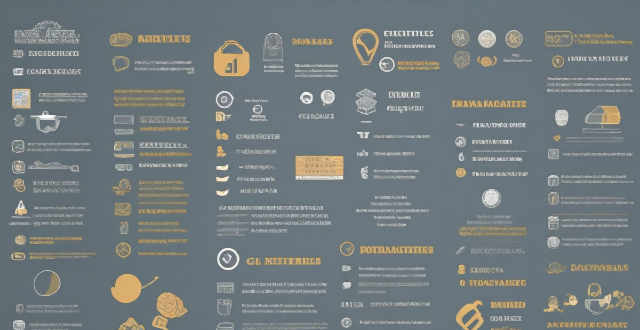Climate change disproportionately affects vulnerable communities, such as those living in poverty or low-lying coastal areas. It is crucial for climate change negotiations to address their needs and ensure that they are not left behind in the fight against climate change. This involves recognizing the impact of climate change on these communities, incorporating vulnerability into climate change negotiations, providing access to information and participation in decision-making processes, offering financial and technical support for adaptation measures, ensuring just transitions away from high-emission industries, and promoting resilience and sustainable development. By doing so, vulnerable communities can become more resilient to future climate change impacts and contribute to a more equitable and sustainable world.

Addressing the Needs of Vulnerable Communities in Climate Change Negotiations
Climate change is a global issue that affects everyone, but not all communities are affected equally. Vulnerable communities, such as those living in poverty, low-lying coastal areas, or small island nations, are often disproportionately impacted by climate change. It is crucial for climate change negotiations to address their needs and ensure that they are not left behind in the fight against climate change.
Prioritizing the Needs of Vulnerable Communities
Recognizing the Impact of Climate Change on Vulnerable Communities
The first step in addressing the needs of vulnerable communities is recognizing the impact of climate change on them. This involves understanding how climate change affects their livelihoods, health, and overall well-being. For example, rising sea levels can lead to the displacement of coastal communities, while extreme weather events can destroy crops and exacerbate food insecurity.
Incorporating Vulnerability into Climate Change Negotiations
Once the impact of climate change on vulnerable communities is recognized, it should be incorporated into climate change negotiations. This means taking into account the specific needs and circumstances of these communities when developing policies and strategies to mitigate and adapt to climate change. This can include providing financial assistance for adaptation measures, supporting sustainable development projects, and ensuring that climate change policies do not worsen existing inequalities.
Key Elements of Addressing the Needs of Vulnerable Communities in Climate Change Negotiations
Access to Information and Participation in Decision-Making Processes
Vulnerable communities should have access to information about climate change and its impacts, as well as opportunities to participate in decision-making processes related to climate change policies and strategies. This includes ensuring that they are consulted during the development of national and international climate change policies, and that their voices are heard in negotiations.
Financial and Technical Support for Adaptation Measures
Vulnerable communities often lack the resources needed to adapt to the impacts of climate change. Therefore, it is essential for climate change negotiations to provide financial and technical support for adaptation measures tailored to the specific needs of these communities. This can include funding for infrastructure improvements, capacity building, and the development of sustainable livelihoods.
Ensuring Just Transitions Away from High-Emission Industries
Many vulnerable communities rely on high-emission industries for their livelihoods, such as fossil fuel extraction or agriculture. As the world transitions towards a low-carbon economy, it is important to ensure that these communities are not left behind. This means providing support for just transitions away from high-emission industries, including retraining programs, job creation, and investment in renewable energy sources.
Promoting Resilience and Sustainable Development
Finally, climate change negotiations should promote resilience and sustainable development among vulnerable communities. This involves supporting initiatives that build community capacity to cope with climate change impacts, such as disaster risk reduction programs, ecosystem restoration projects, and sustainable land use practices. By promoting resilience and sustainable development, vulnerable communities can become more resilient to future climate change impacts and contribute to a more equitable and sustainable world.